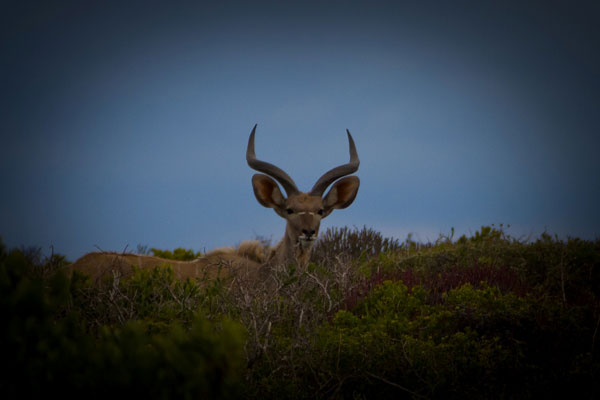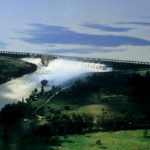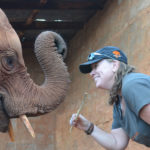
Pretoria – The South African National Parks (SANParks) has launched the second phase of the SANParks Kudu Green School Initiative (KGSI) at the Pilanesberg National Park.
The Kudu Green School Initiative is an environmental programme which started in 2010 and is targeted at urban school children.
The weekend camp in Pilanesberg National Park was attended by a total of 96 learners and 14 educators from schools in Gauteng and North West province.
“The initiative strives to enable learners of all ages to gain an understanding of climate’s influence on society as well as appreciation of the environment they are living in,” said SANParks CEO Dr David Mabunda.
Mabunda said climate change was such a topical issue at the moment but most people do not even know what it was all about, least of all young people.
“This will be a perfect platform for them to learn, conceptualise and interpret this phenomenon. The future of our environment lies in the ability of our youth to understand their local and global environments and the issues that impact negatively on our world.
“The sustainability of our natural environment and ecosystems can not only be left to existing legislation and policies; we also need to invest in the knowledge and development of our future leaders who will take the responsibility of advancing such policies,” he said.
The CEO said the reasons behind the selection of the schools in urban areas was that urban based schools, especially those in previously disadvantaged communities, have had minimum or no exposure to national parks, awareness of conservation issues and opportunities in the environmental field because an area such as Gauteng has no national park.
“And to us as custodians of conservation the best way to get young people to understand and have respect for the environment in conservation areas is to start by making positive and visible changes in the environments where they live,” Mabunda said.
According to Mabunda, SANParks has achieved sterling results in the environmental education programmes.
To date, SANParks has hosted about 22 808 participants in the various national parks. About 95 percent (21 633) of these learners and 5 percent (1175) were educators.
“This is a clear indication of a role that an organisation such as SANParks can play in the lives of many young learners and educators.”
The camp will run for three weeks and over 300 learners and 40 educators would have been exposed to this dynamic programme on climate change.
Mabunda said despite all these exciting developments in rural areas, urban areas have benefitted less from these programmes.
“It is therefore imperative for us not to ignore the potential impact one can have by targeting the young ones in the urban areas,” he said.
KGSI is supported by the National Lottery Distribution Trust Fund and endorsed by the Basic Education Department and its provincial counterparts. – BuaNews




Leave a Reply